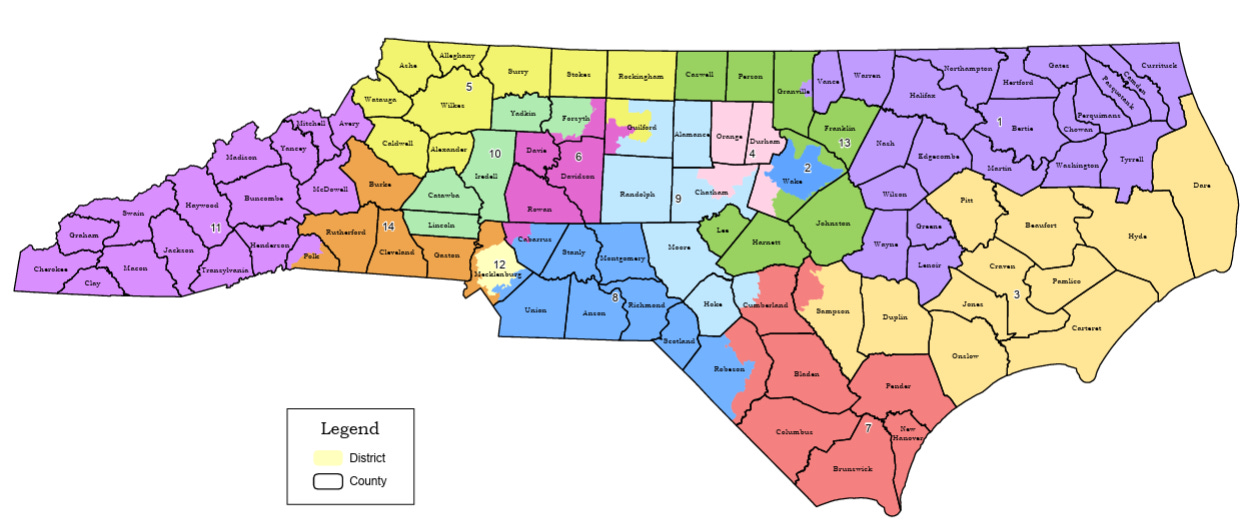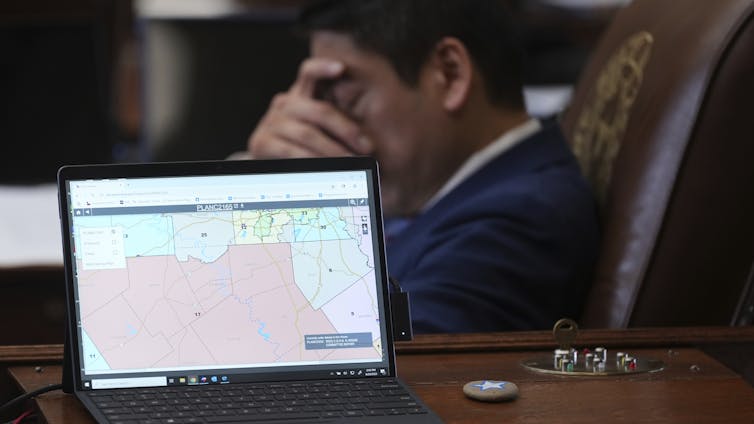By Michael Bitzer
With the appointment by the state auditor of three Republicans and two Democrats to the N.C. State Board of Elections, Republicans now control the state's election administrative agency.
In the announcement of the three Republican appointees (two new and one currently serving on the Board), Auditor David Bolick stated "We need full confidence in our elections..." and that "(m)anaging our elections is no small task. It takes time, dedication, and professionalism."
Catawba College and YouGov polled North Carolinians regarding their confidence in elections, specifically asking in August 2024*, "Regardless of whether your candidate or party wins or loses the election this November in North Carolina, how confident will you be in the safety, security, and integrity of the election in North Carolina?" and then in January 2025* asked, "Regardless of whether your candidate or party won or lost the election in North Carolina, how confident were you in the safety, security, and integrity of the election in North Carolina?"
Both surveys also asked the respondent's level of confidence in votes being counted in their county and in North Carolina. Each question used "very, somewhat, not too much, or not at all" when asking about confidence or not regarding votes being accurately counted.





